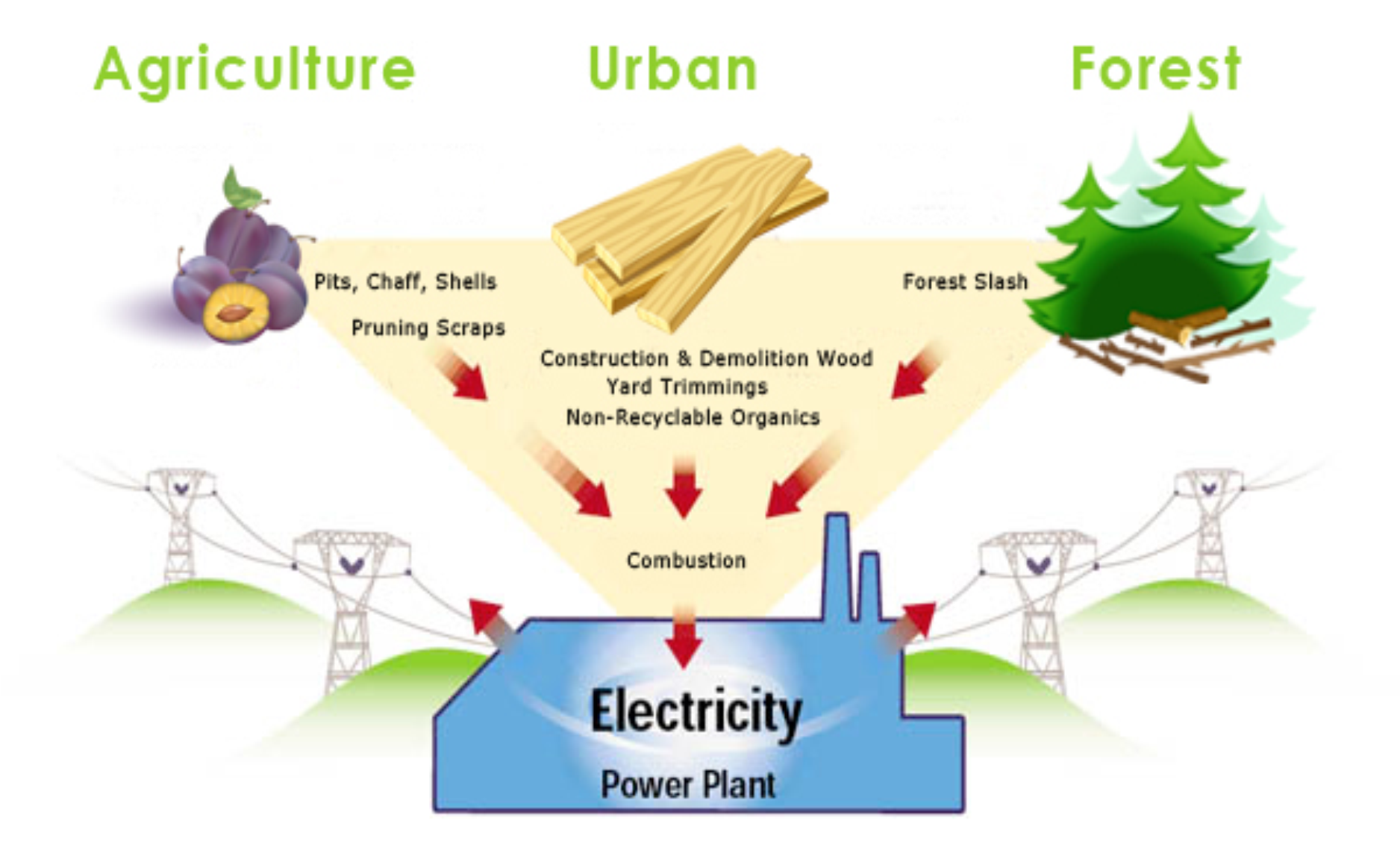where do we get biomass energy from
Reasons Why Biomass Energy Should Be a Top Choice
1. What is biomass energy and how does it work?
Biomass energy refers to the energy generated from organic materials such as plants, crops, wood, and agricultural waste. It is a renewable source of energy that works by converting these organic materials into heat, electricity, or biofuels through processes like combustion, gasification, or anaerobic digestion.

2. What are the advantages of using biomass energy?
The advantages of utilizing biomass energy are as follows:
- Renewable and sustainable source of energy
- Reduces reliance on fossil fuels and mitigates climate change
- Helps in waste management by utilizing organic waste materials
- Promotes economic growth and job creation in the biomass industry
3. Are there any disadvantages or challenges associated with biomass energy?
Some challenges and disadvantages of biomass energy include:
- High initial investment costs for setting up biomass energy plants
- Potential competition with food production for biomass feedstock
- Requirement of large land areas for growing energy crops
- Concerns about air pollution from biomass combustion processes
4. Can biomass energy be used for electricity generation?
Yes, biomass energy can be converted into electricity through the combustion of biomass materials in power plants. The heat generated from the combustion process is used to produce steam, which drives a turbine connected to a generator, thus generating electricity.
5. Is biomass energy considered a clean energy source?
Biomass energy is generally considered a cleaner alternative to fossil fuels because it produces lower carbon dioxide emissions when compared to burning fossil fuels. However, the combustion of biomass can release other pollutants such as nitrogen oxides and particulate matter, which need to be properly managed and controlled.
6. Does biomass energy have any impact on deforestation?
Biomass energy can potentially contribute to deforestation if unsustainable practices are employed, such as clearing forests for growing energy crops. However, responsible and sustainable sourcing of biomass feedstock can help minimize the impact on forests and ecosystems.
7. How does biomass energy contribute to reducing greenhouse gas emissions?
Biomass energy helps in reducing greenhouse gas emissions in multiple ways:
- It reduces reliance on fossil fuels, which release significant amounts of greenhouse gases when burned.
- It allows for the capture and utilization of methane gas from organic waste, which is a potent greenhouse gas.
- The use of biomass residues and waste materials avoids their decomposition and subsequent release of methane during natural decay processes.
8. Can biomass energy be used in transportation?
Yes, biomass energy can be converted into biofuels such as ethanol or biodiesel, which can be used as alternatives to conventional fossil fuels in transportation. Biofuels derived from biomass have the potential to significantly reduce carbon emissions in the transportation sector.
9. Are there any specific limitations to using biomass energy?
Some limitations to consider when using biomass energy are:
- The availability and sustainability of biomass feedstock
- The need for proper waste management and disposal of by-products
- Potential impacts on food production and land use
- The need for advanced technologies to efficiently convert biomass into usable forms of energy
10. Can biomass energy be utilized on a small scale, such as in homes?
Yes, biomass energy can be used on a smaller scale, such as in homes, for heating, cooking, and electricity generation. Biomass stove systems and small-scale biomass power plants provide sustainable energy solutions for individual households or communities.
11. How does biomass energy compare to other renewable energy sources?
Biomass energy has its own unique advantages and disadvantages compared to other renewable energy sources:
- Unlike solar or wind energy, biomass energy is not dependent on weather conditions and can provide continuous power generation.
- Biomass energy has a higher energy density compared to other renewable sources, allowing for more efficient energy production.
- However, biomass energy requires careful management of feedstock resources and may have localized environmental impacts.
12. What role can government policies play in promoting biomass energy?
Government policies can play a crucial role in promoting and supporting the growth of biomass energy:
- Implementing renewable energy targets and incentives to encourage the use of biomass energy
- Providing financial support for research, development, and deployment of biomass technologies
- Regulating and setting standards for sustainable biomass sourcing and emissions control
- Supporting education and awareness programs to promote the benefits of biomass energy
